Elizabeth camarata
USFS biological technician + botantist
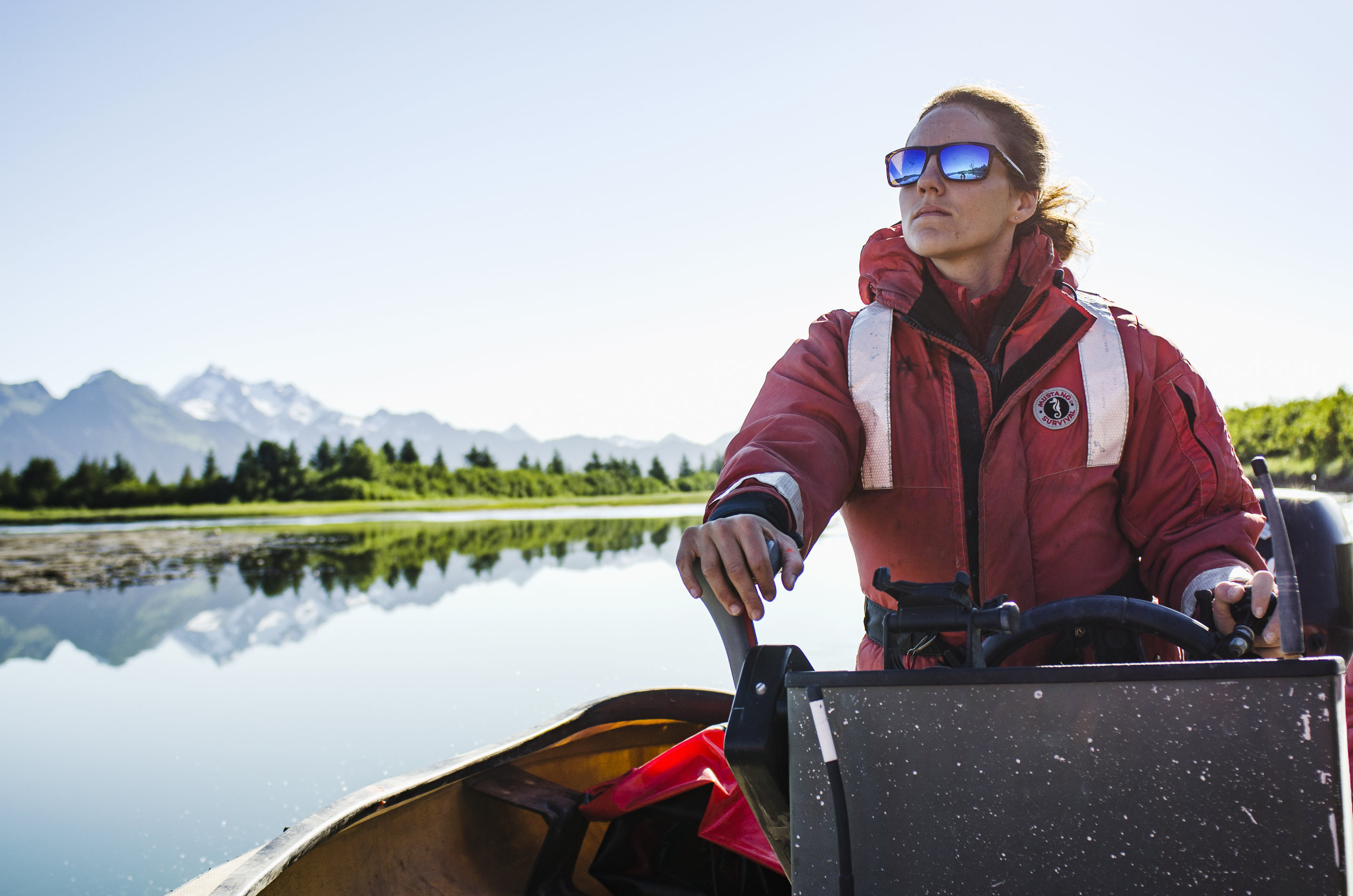
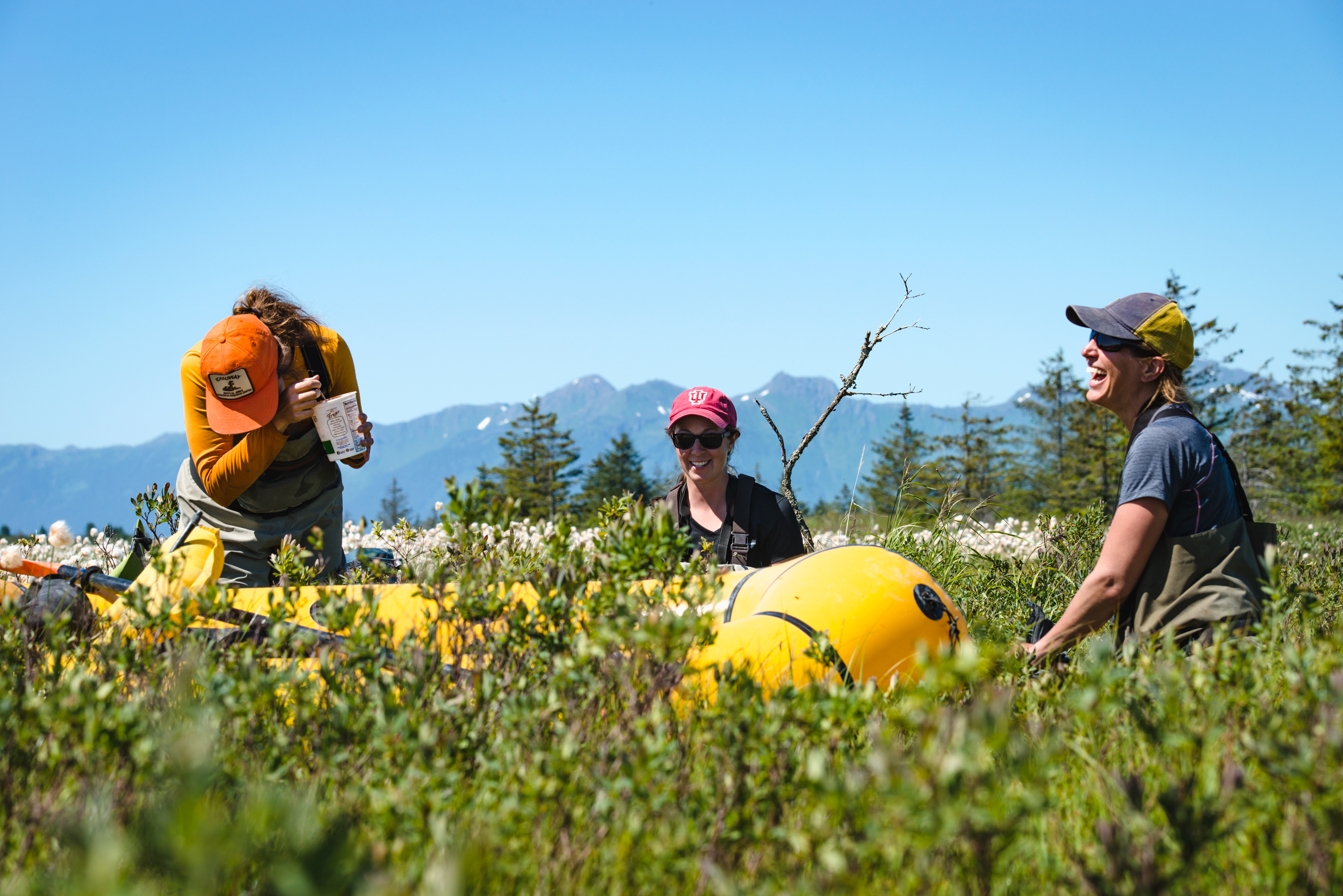
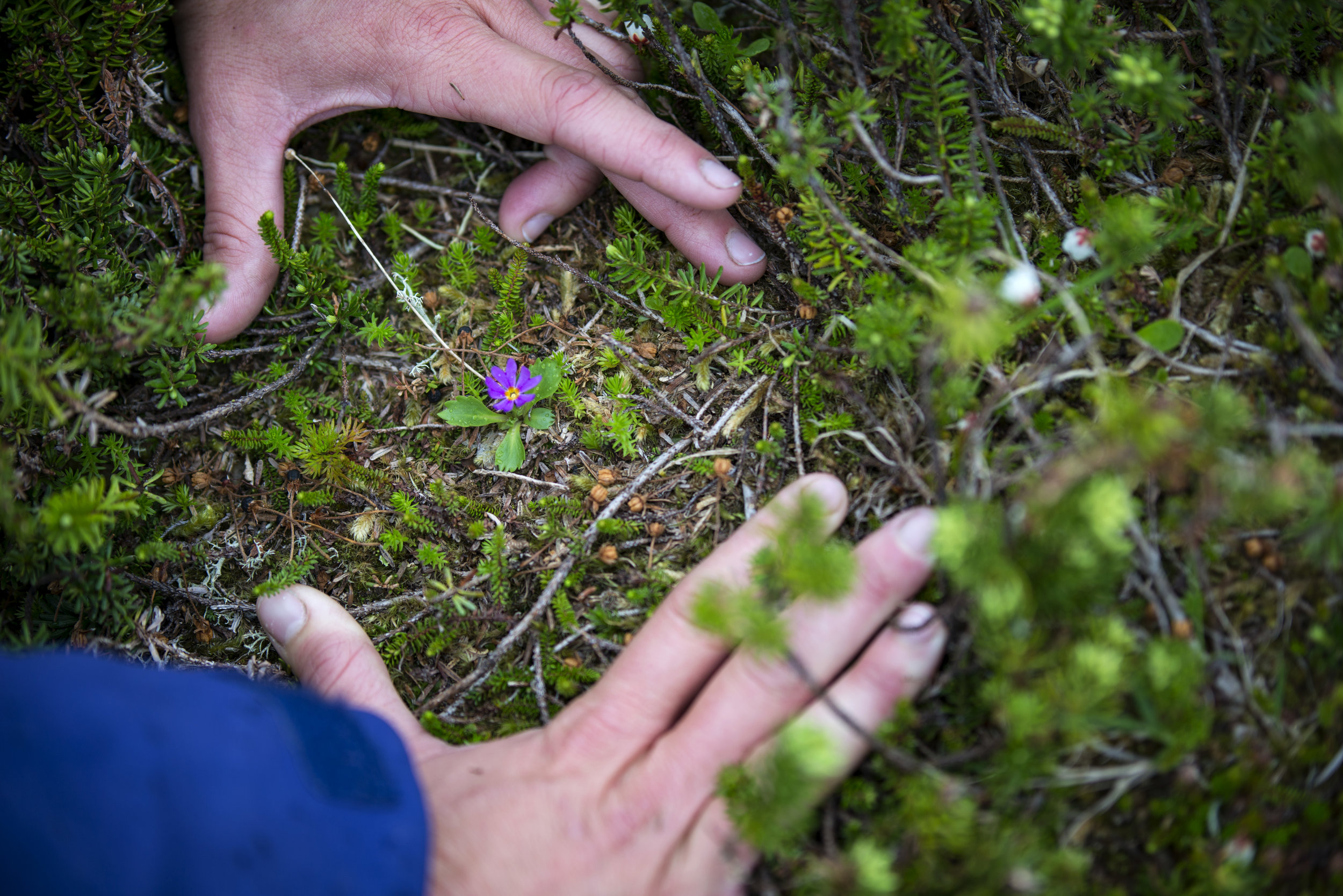
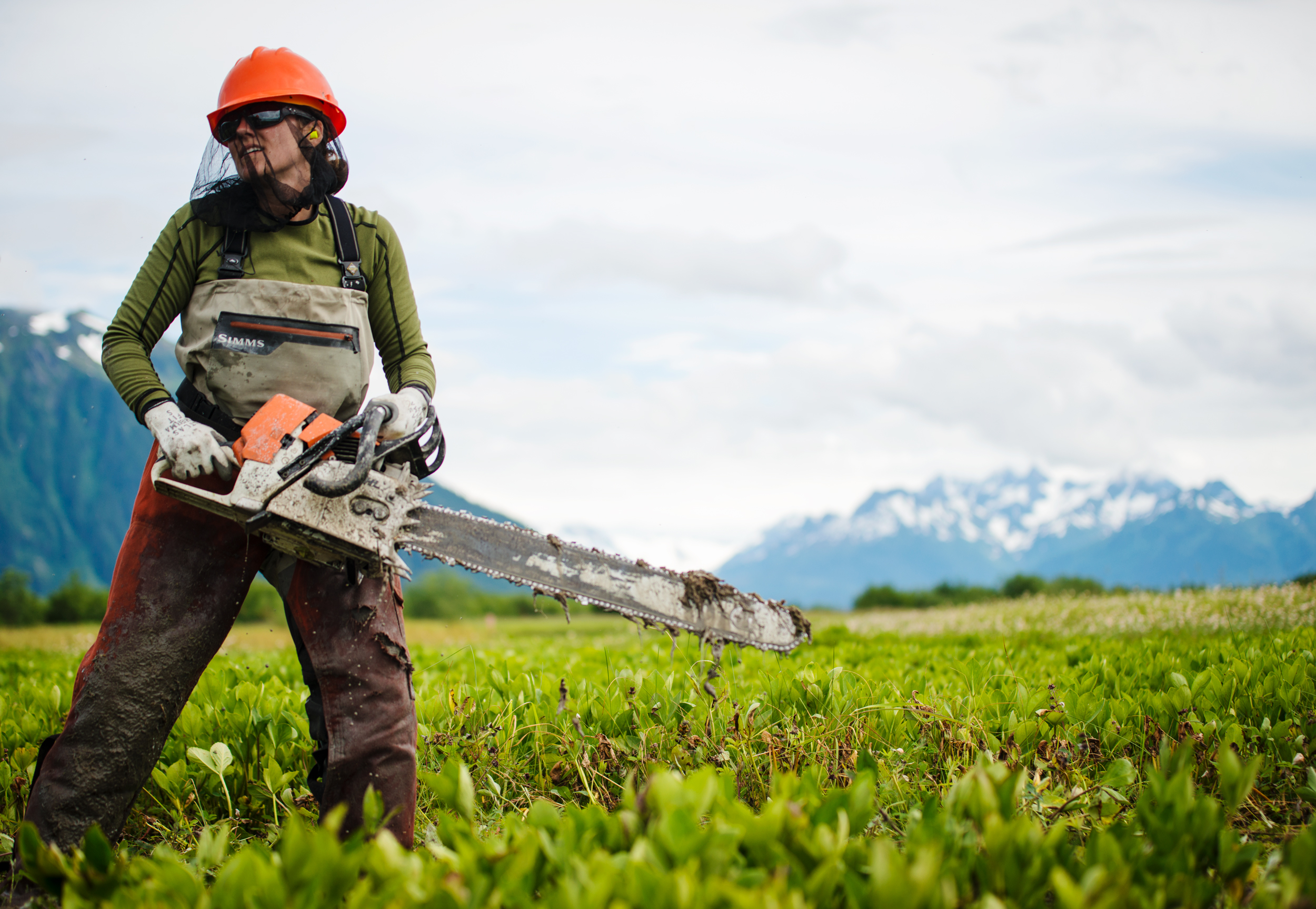
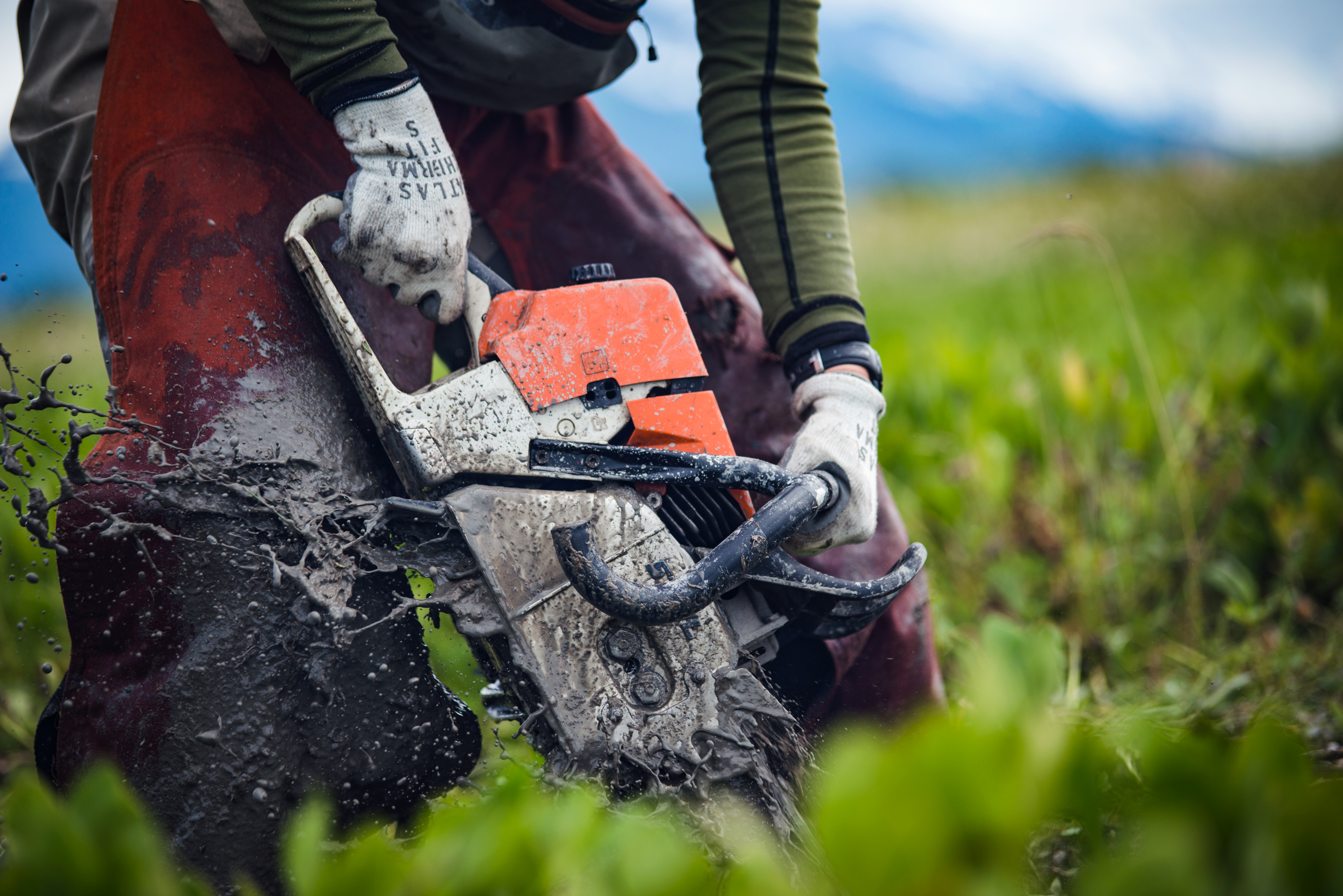
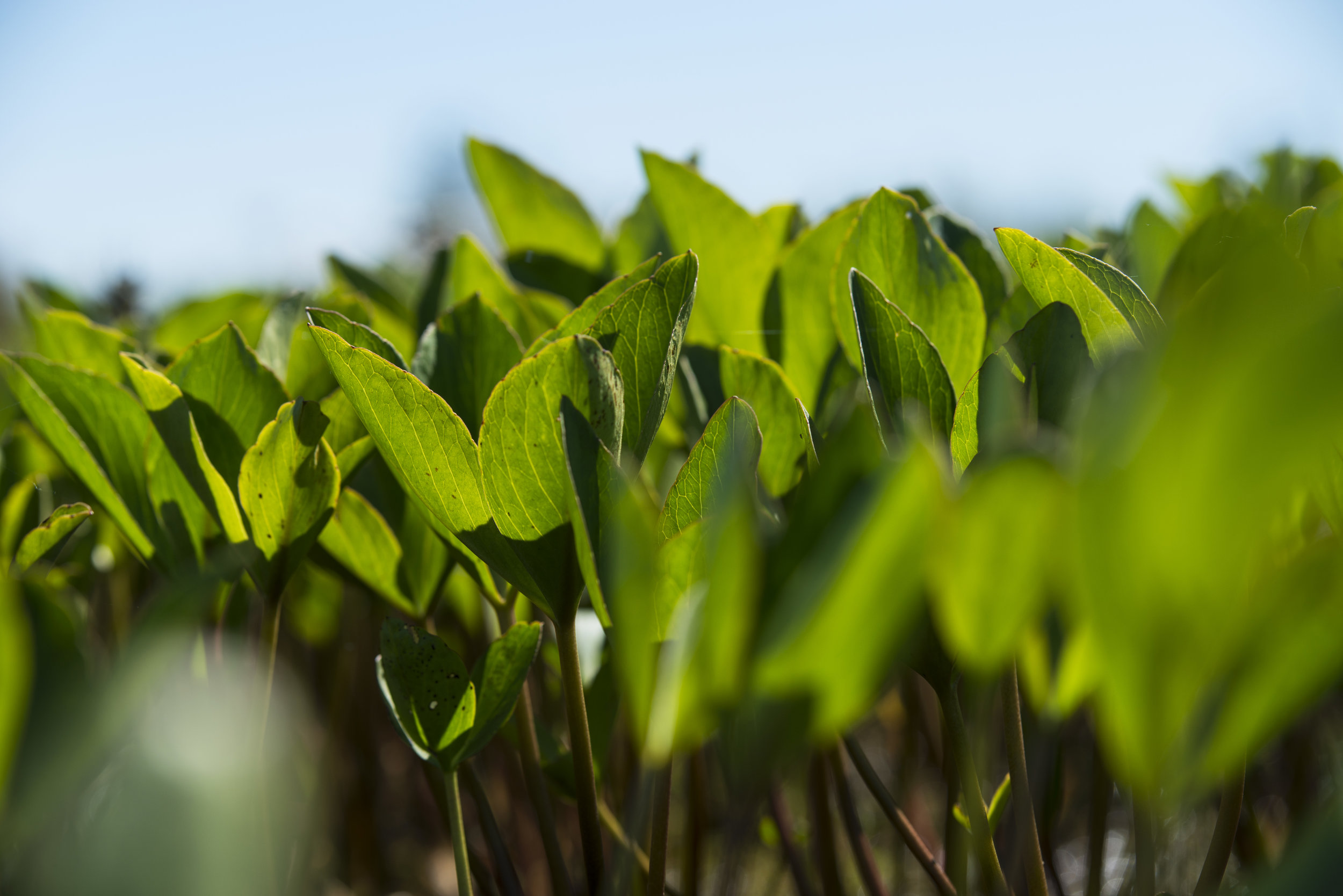
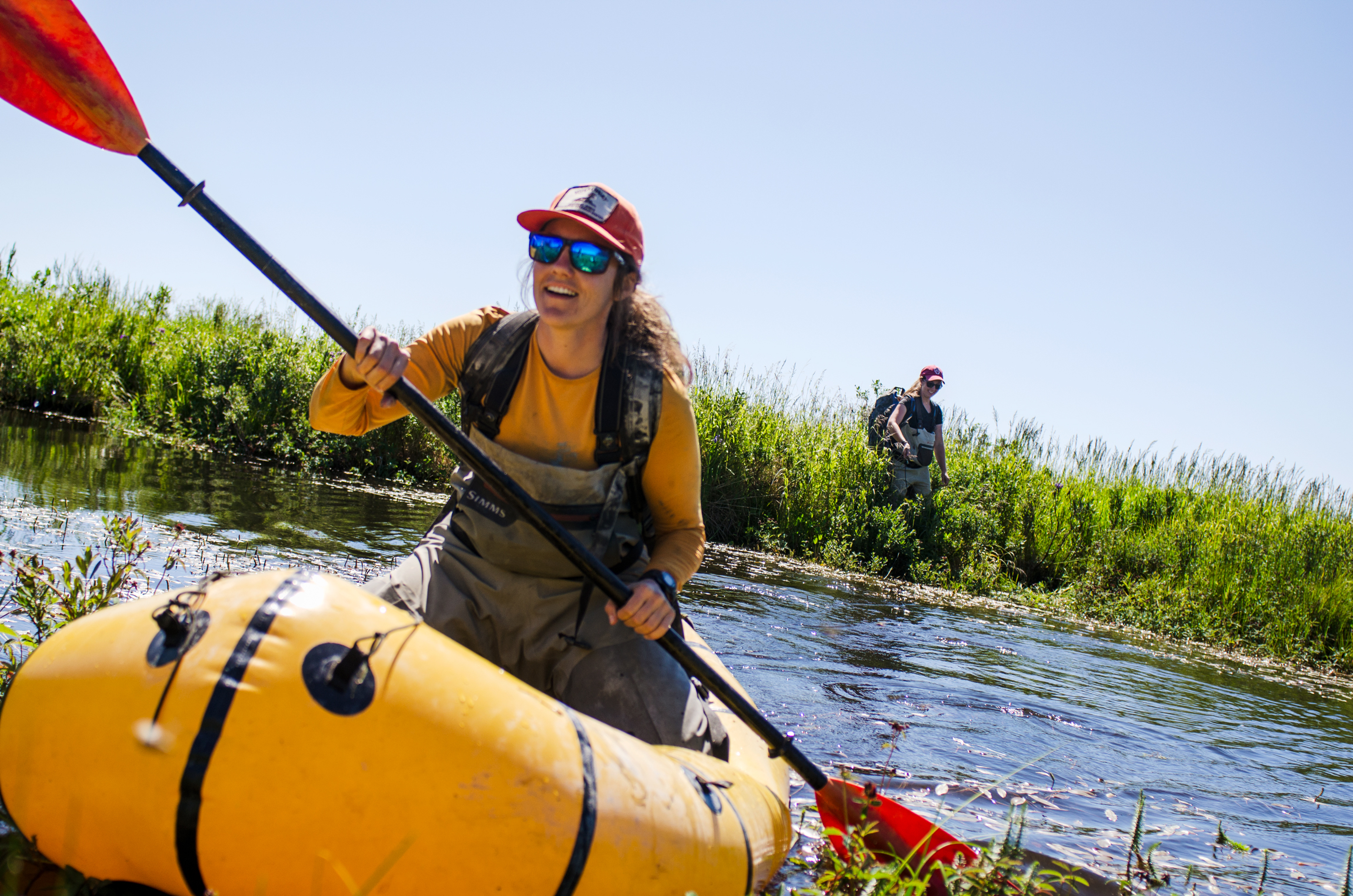
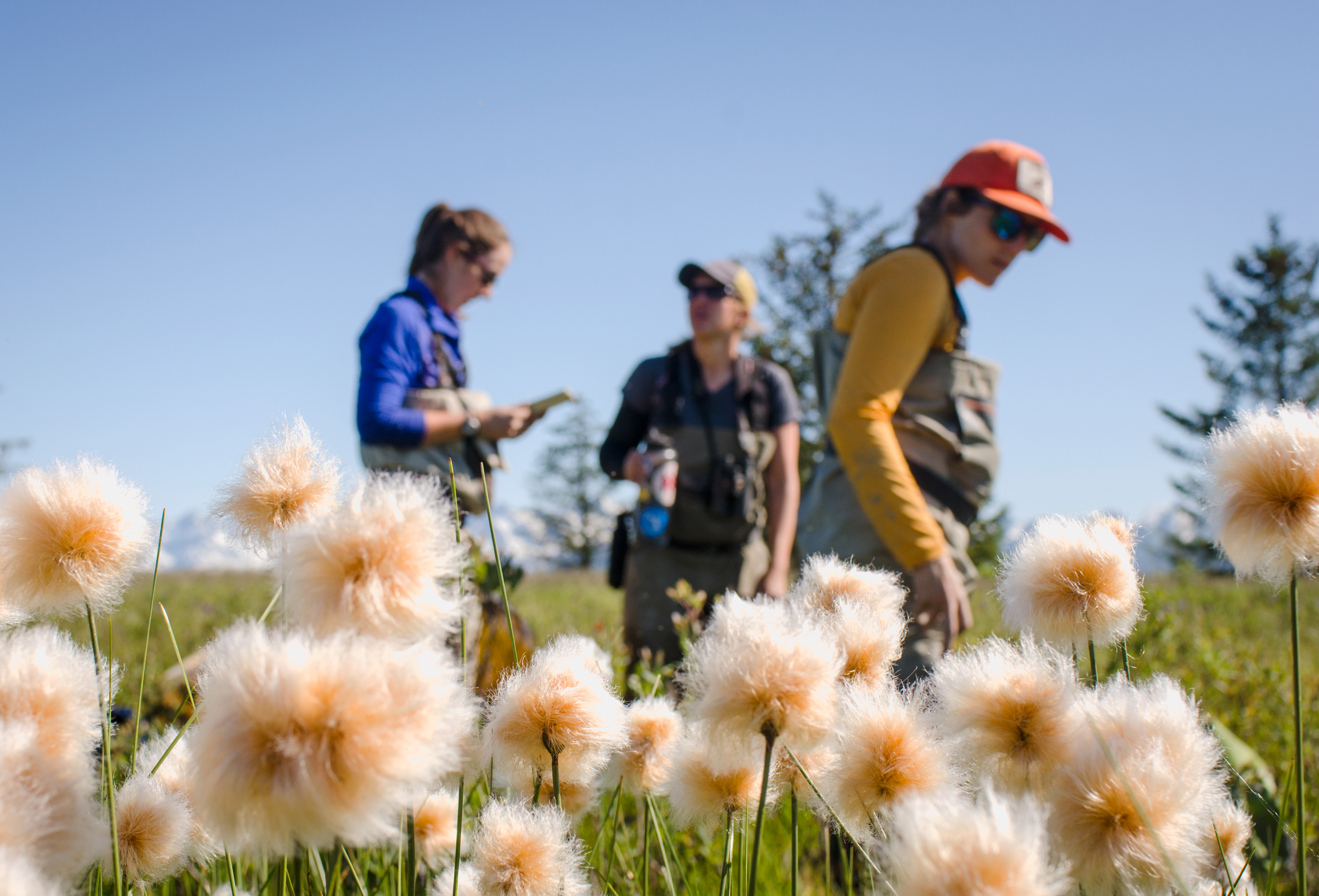
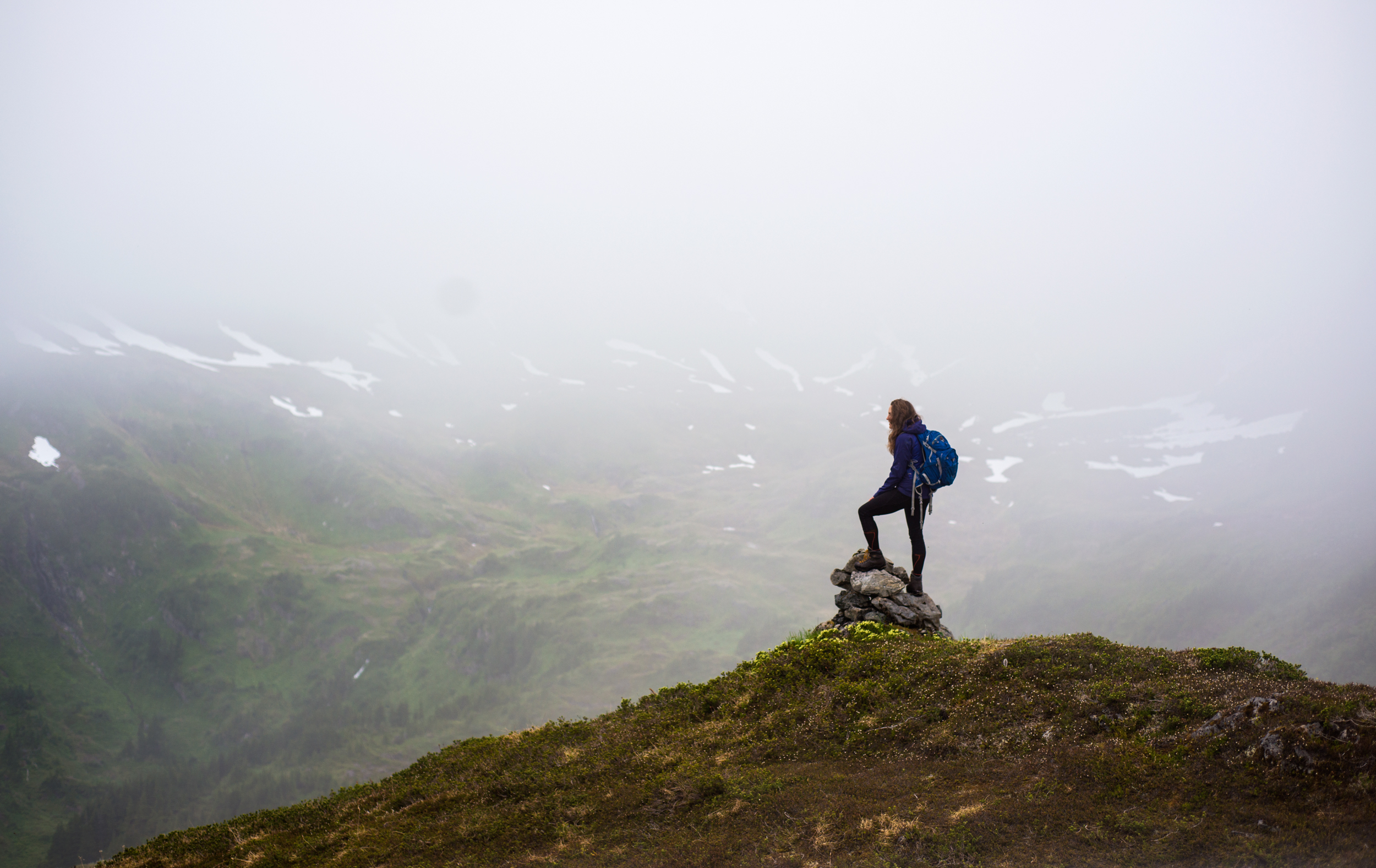
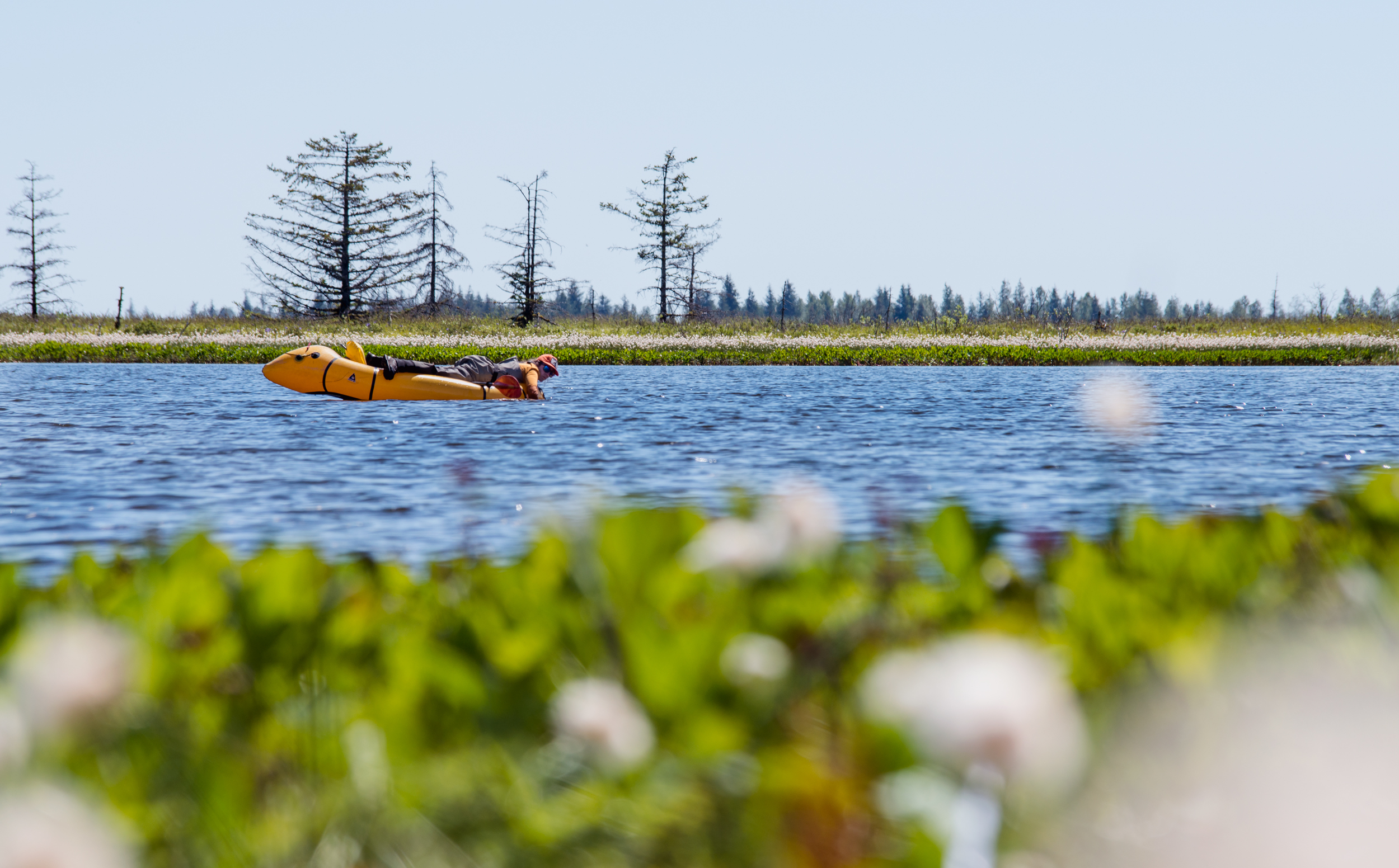
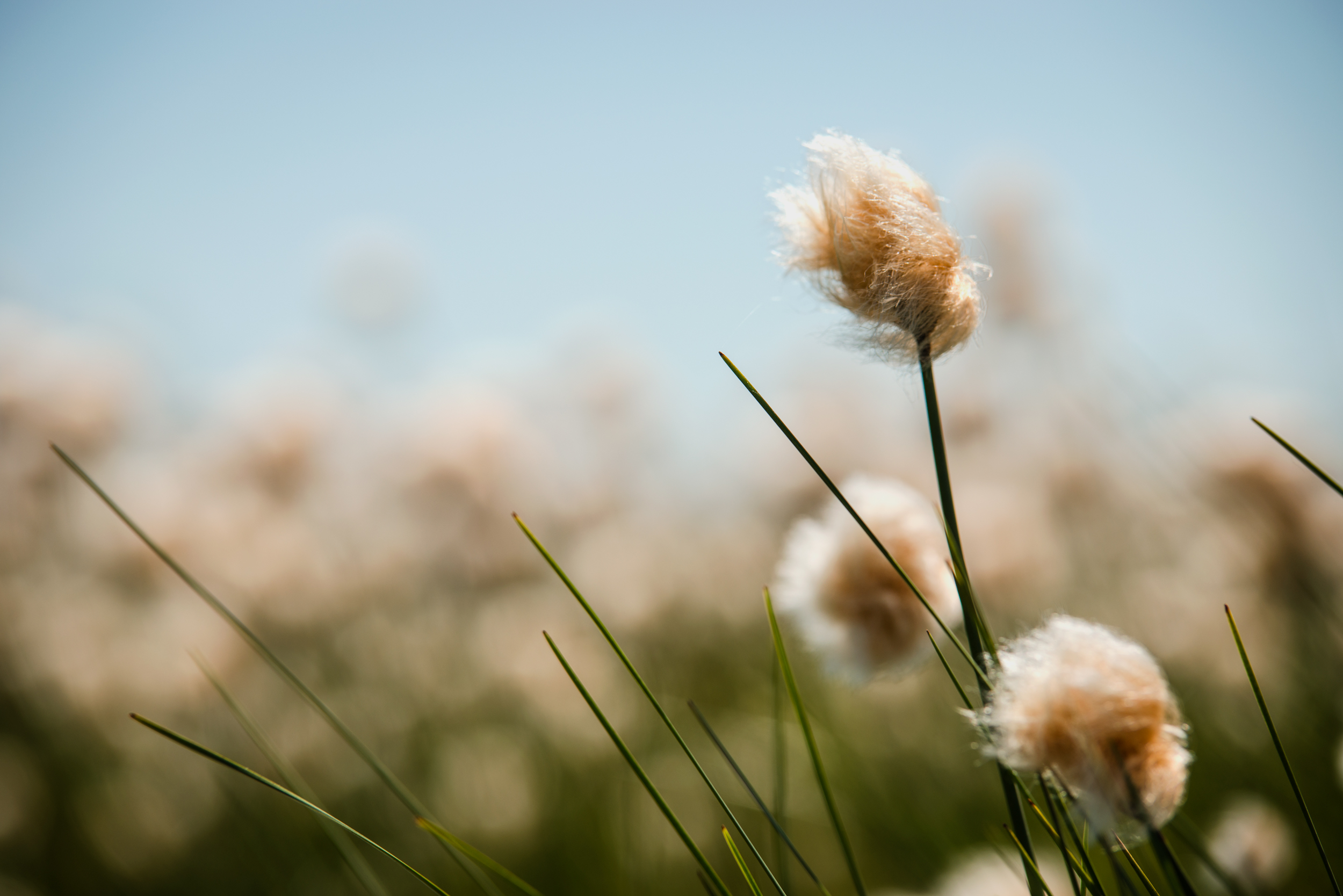
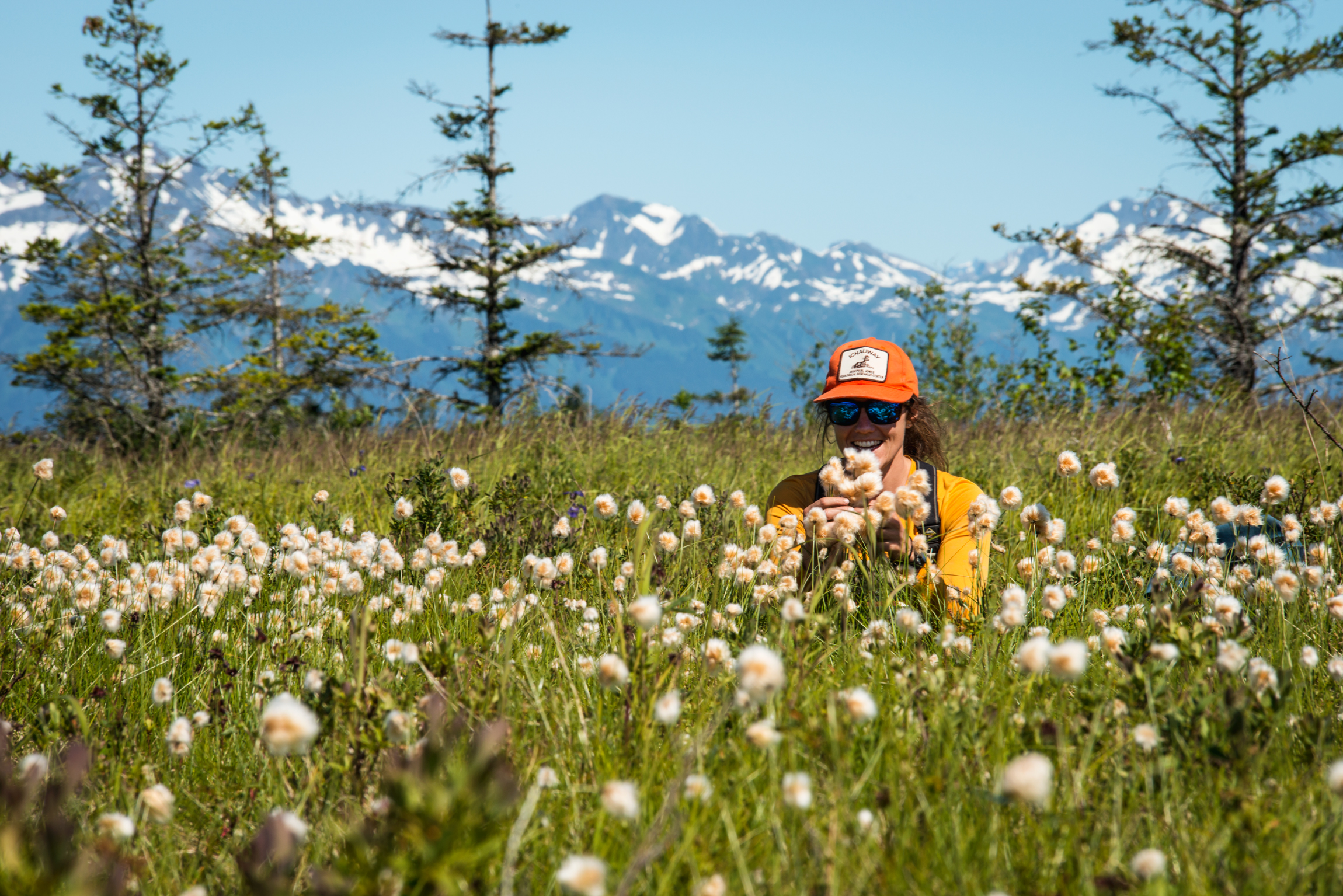
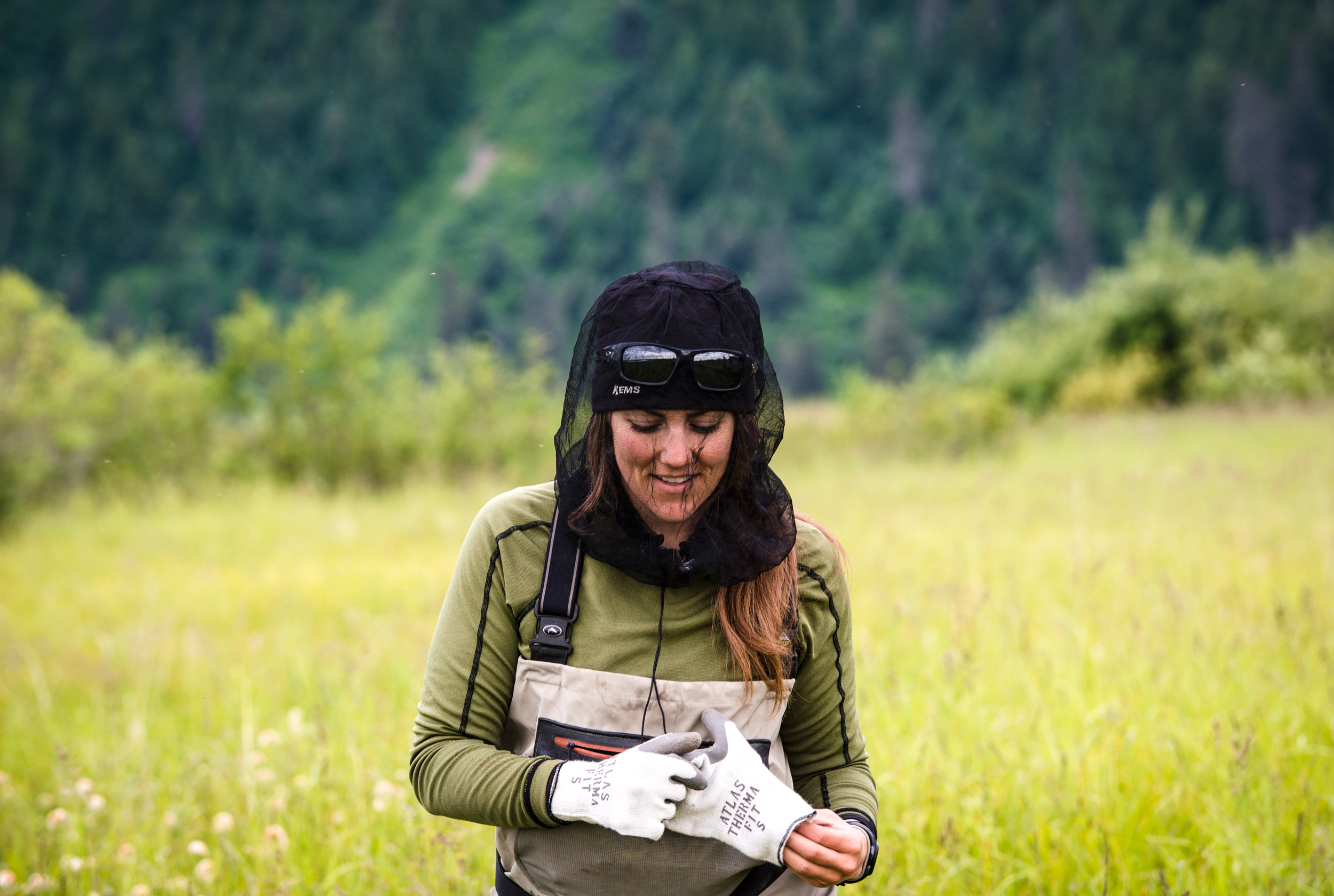
“It never really occurred to me, maybe until recently, that I was a woman in science. It just occurred to me that I was a person in science and all things are equal. And I was trying to do the best that I could,” Camarata explained to me as we sat on the edge of the Orca Inlet, the day prior to my flight back to Oregon. Camarata was a Biological Technician for the USFS during the time I came to know her, and since has moved on to graduate school at Oregon State University to pursue her Master’s in Horticulture. Small in stature, but tough as nails, Camarata often showed me size was not a factor when it came to doing her job.
The USFS had her conducting research on a species invasive to the Delta, commonly known as Elodea, that was beginning to spread across freshwater systems in Alaska. The spread of elodea is a cause for concern, because little research has been done on how the plant effects Alaska’s fragile freshwater ecosystems. Some scientists hypothesized that too much elodea could negatively impact salmon and their spawning grounds, an integral source of income in Cordova. Camarata has a knack for all things related to plants, and she became a vital part of the state of Alaska’s first experiment testing pesticides in its waters, in an attempt to eradicate the questionable plant. The month I was in Cordova, the USFS field crew assembled to construct a plastic barrier around an experimental pond, where these pesticides would be distributed, and their effect on elodea and other species studied. Rather than let the men on the team lead the crew as they sawed through tough wetland roots digging the barrier trench, Camarata was one of the first team members to get her hands on a chainsaw. Reminiscing on that day, as I observed her knowledge and strength being tested in the face of this experiment, she explained to me:
It’s not only “yes, I can shoot a deer, and I can gut a fish, and I can hike that mountain and carry that gun. Whatever, I’m gonna show you that I can do it.” You see more women lately, maybe younger women, saying I don’t have to prove this to you, because I know that I can do it, because all of these other women have showed me that I can do it.
We don't have to prove ourselves because we've already done that. Now we need to make people believe that we don't have to prove our capability.
Her confidence showed as she stood against the scale of the landscape, holding a chainsaw practically the size of her entire body. She didn’t have to make a show to prove she was capable, because she already knew that she was.